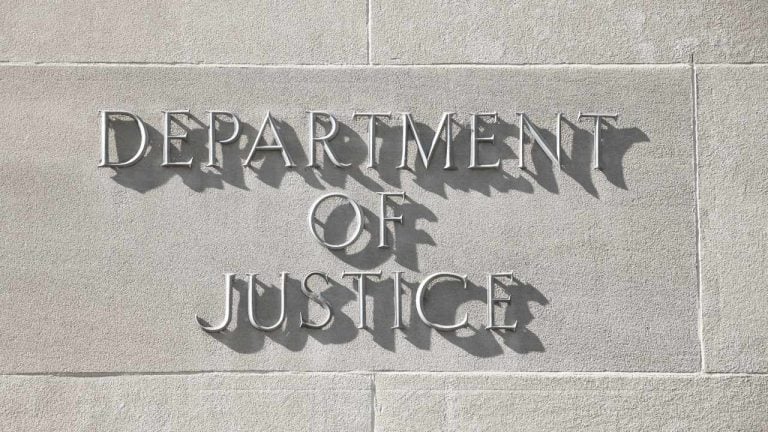
An Indian national has pleaded guilty in a case involving “the largest single cryptocurrency and cash seizure” in the U.S. Drug Enforcement Administration (DEA) history. The defendant “is designated as a Consolidated Priority Target, which makes him one of the most significant drug trafficking threats in the world,” the U.S. Department of Justice (DOJ) described.
This Case Involves Largest Single Cryptocurrency and Cash Seizure in DEA History, Says DOJ
The U.S. Department of Justice (DOJ) announced Friday that a 40-year-old Indian national, Banmeet Singh, has pleaded guilty to “running a dark web narcotics conspiracy.” Specifically, he pleaded guilty to conspiracy to possess with the intent to distribute controlled substances and conspiracy to commit money laundering. The announcement details:
According to the DEA, this case involves the largest single cryptocurrency and cash seizure in DEA history; the defendant has forfeited cryptocurrency accounts that ultimately became worth $150 million.
According to court documents, Singh created vendor marketing sites on dark web marketplaces to sell controlled substances. Customers paid with cryptocurrency, and Singh personally shipped or arranged the shipment of controlled substances from Europe to the United States through U.S. mail or other shipping services.
The DOJ explained that from at least mid-2012 through July 2017, Singh controlled at least eight distribution cells in various U.S. states. “Individuals in those distribution cells received drug shipments from overseas and then re-packaged and re-shipped the drugs to locations in all 50 states, Canada, England, Ireland, Jamaica, Scotland and the U.S. Virgin Islands,” the Justice Department noted.
Singh was arrested in London in April 2019 and the government secured his extradition to the U.S. last year. DEA Special Agent in Charge Orville O. Greene commented:
Banmeet Singh is designated as a Consolidated Priority Target, which makes him one of the most significant drug trafficking threats in the world.
What do you think about this case? Let us know in the comments section below.







